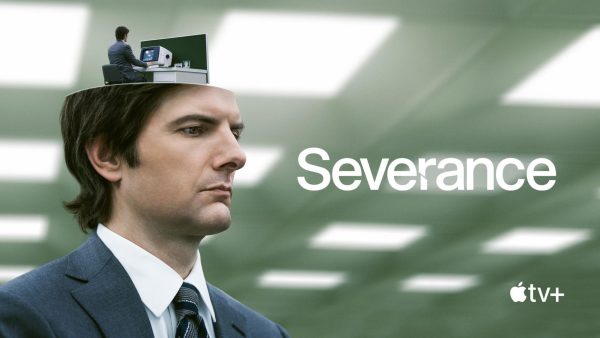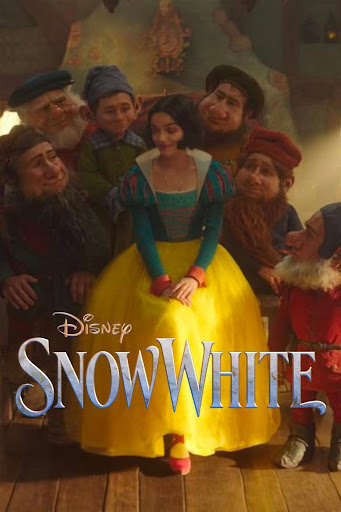The Odyssey of The Interview
In The Interview, an eccentric talk show host (James Franco) and his more serious producer (Seth Rogen) attempt to go where no American has gone before … except Dennis Rodman.
In an attempt to paint their show in a more serious light, the two plan to interview North Korea’s ruthless dictator Kim Jong-un. But the CIA has other plans; they contact the two and instruct them to assassinate the leader following their interview, in hopes of inspiring a coup that would lead to a democracy coming to power. Typical Rogen and Franco movie shenanigans ensue.
The movie itself is nothing spectacular. Sure, it has its moments, but as a whole it’s largely crude and unoriginal. What makes it notable is the controversy surrounding it. As early as June, North Korean officials denounced the movie, with the state-run Korean Central News Agency even threatening violence over the movie.
Fast forward to late November, when the computer networks of Sony Pictures Entertainment, the parent company of Columbia Pictures (who was behind The Interview) was hacked and classified documents were leaked, among them employee records, emails and upcoming movies. Behind the attack was an organization called “Guardians of Peace,” which the North Korean government was quick to distance itself from. However, further materials were leaked that seemed to link the two.
This resulted in Sony pulling the movie from all theaters — a move that I strongly disagreed with. Sure there were threats, however the likelihood of those threats materializing were very slim. But, anytime someone makes a terroristic threat against a movie theater, it’s going to keep people away, especially in the wake of the 2012 attack on a Century Movie Theater in Colorado showing The Dark Knight Rises that left 12 dead. So, from that point, it was somewhat understandable.
Speculation was that Sony would collect on an insurance policy that would cover their expenses and the movie would go to some sort of Hollywood wasteland with the likes of unreleased blockbusters such as Spring Break ‘83 and King Conqueror.
Then President Barack Obama stepped in.
“Sony’s a corporation, [and] it suffered significant damage,” Obama said during a press conference at the White House on Dec. 19. “There were threats against its employees, and I am sympathetic to the concerns that they faced. Having said all that — yes, I think they made a mistake.”
When the leader of the free world says you’re wrong, you know you’ve done mucked up. True to form, Sony reversed its stance and announced it would be releasing the movie digitally, and in select theaters.
As of Jan. 6, IGN.com reported the movie had been viewed more than 4.3 million times, making Sony $31 million, nearly the cost of production.
However, its release wasn’t met with favorable reactions by all members of the American public. There’s been a element that thinks that the movie makes light of human rights violations.
The New Republic summarized that view on Dec. 18, when they stated “The Interview is the latest and most high-profile example of America treating North Korea as a big joke.”
I disagree with these people. The movie doesn’t paint Kim Jong-un in a positive light, but rather paints him as a sociopath: someone who is able to manipulate the minds of his people in order to retain power.
In addition, it can be argued that the movie has spread knowledge of those human rights violations to a crowd who may have never heard about them before. Not everyone reads the New York Times, or watches Discovery Channel documentaries that reveal the state of North Korea, but nearly everyone goes to the movies. During a key point in the film, accurate statistics are mentioned that show how the country is ravaged by famine, poverty, and how a good portion of the population is held as political prisoners. I assume that will stick with some people who go to see the movie. I assume there will be some people who will decide to look into the background information and see how the people of North Korea are oppressed by the man they praise. If it weren’t for the movie, they wouldn’t get involved.
Lastly, there is a strong possibility that this movie will find its way into North Korea. While it’s a comedy, and never intends to serve as a political commentary, it could inspire change. People could see that they are blindfolded by propaganda and that the man they worship is a mere human, and a flawed one at that.
The Interview will not go down in history as a great movie. It possesses neither the wit, nor the depth that make a comedy memorable. Rather it will be remembered for the firestorm of controversy that surrounded it, and the dialogue that it created within the nation.





